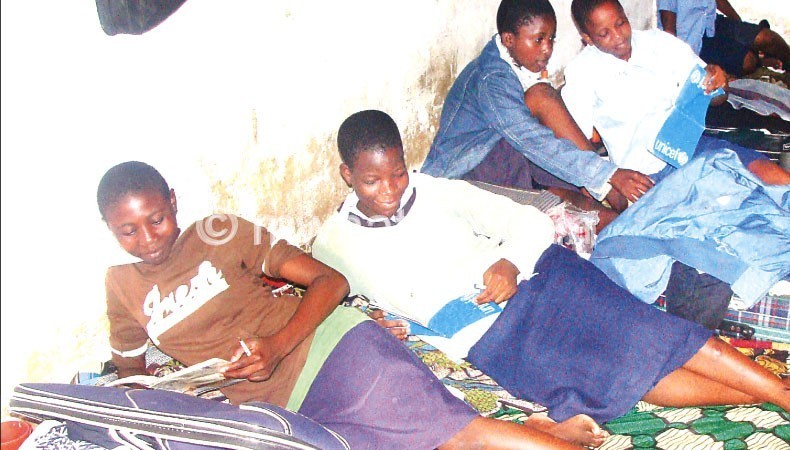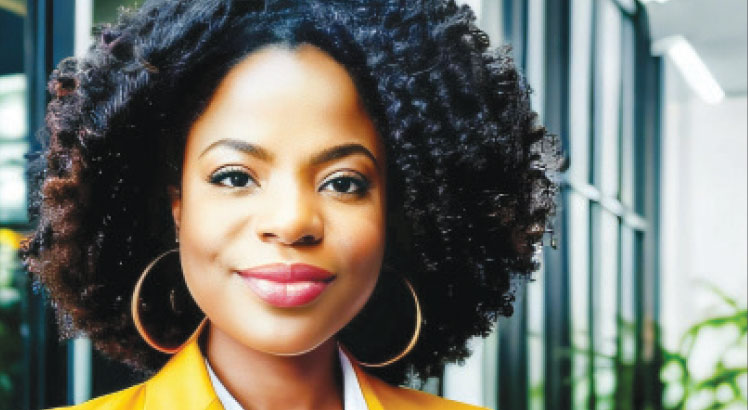Is self-boarding ideal for female students?
Jacqueline Phiri, a Form Three student at Kafukule Community Day Secondary School (CDSS) in Kasungu District used to walk for more than five hours to and from school. She lived in Kaphinda Village, Senior Chief Lukwa.
Despite walking the long distance, she also had to do household chores before and after school.

It meant having little or no time to concentrate on her school work. Her performance at school was compromised.
“Walking more than 15 kilometres every day was tiresome. Some of my friends dropped out of school, but I resorted to self-boarding. It was either that or quitting school,” said Jacqueline.
Like most rural girls, Jacqueline believed self-boarding would help her complete secondary education. But that was before she discovered appalling challenges girls face in self-boarding facilities.
“We are not safe. We live in simple houses that are grass thatched with no lockable doors and windows. There is no security outside except for an old man who serves as a guard, but sleeps most of the times,” explained Jacqueline.
Another self-boarder from Khola CDSS in the same district Mercy Banda lamented on the poor sanitation of self-boarding facilities.
“Most of us have to share with boys, toilets and bathrooms. This makes it difficult for us to have proper baths as we are subjected to sexual abuse.
“At night, we are also afraid of thieves and of being raped by men who come to disturb our sleep,” said Mercy.
She added that, together with friends she sometimes misses classes to find piecework (ganyu) to raise extra money because the support they get from home does not usually come on time, and is hardly enough for their needs.
Mary Banda (not real name), who has just written her Primary School Leaving Certificate Examinations (PSLCE) at Chatsala Primary School at Nsundwe in T/A Kalolo in Lilongwe, said some self-boarders are lured into prostitution to make ends meet. She and her friends were renting a house closer to her school when she was about to sit her examinations.
According to the students, with security and proper housing, self-boarding can be safe for girls, but this is hardly achievable since government does not allow self-boarding.
Because of the challenges that students face in these facilities, Ministry of Education banned self-boarding initiative and issued a reminder on the same last July.
But rights activist Jephter Mwanza of Kalondolondo programme argues that self-boarders face challenges because there are no regulations regarding self-boarding.
Mwanza argued that forbidding self-boarding is killing the only chance that poor students from hard to reach areas have of acquiring secondary education.
“Education is a human right. Poor people are being denied of this right because of that directive. It could have been better if government decentralised management of CDSS and let teachers manage self-boarding facilities,” said Mwanza.
Gender activist Emma Kaliya wondered why young girls risk their lives for self-boarding.
“I have seen how the girls live in those facilities. They are at high risk of being sexually abused. And these are young girls who are not even at the university. It is good for them to stay at home and be safe if self-boarding is the only answer in their pursuit for education,” said Kaliya.



